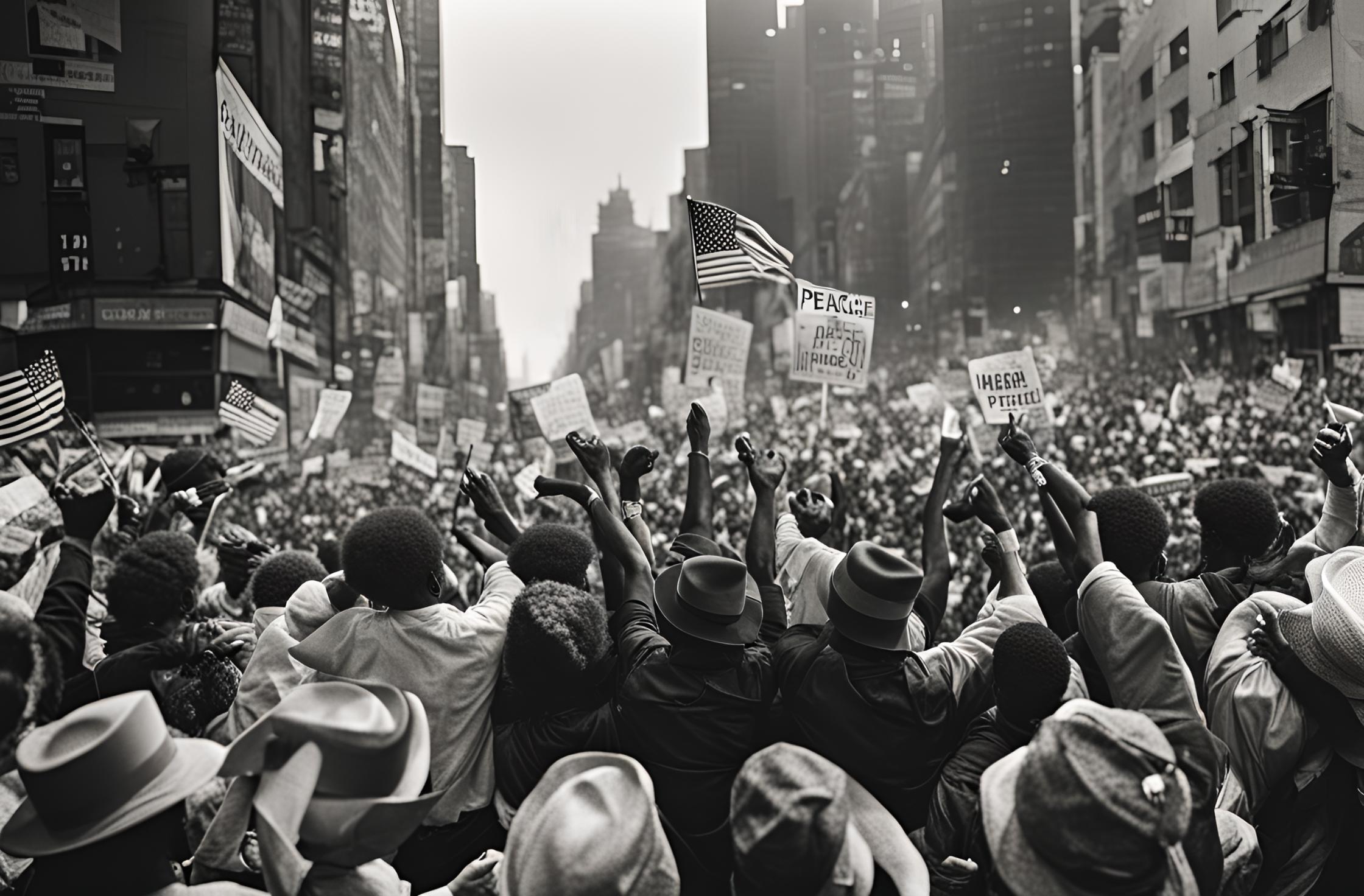
In the year 2035, the United States of America, once a beacon of freedom and democracy, found itself under the shadow of an unprecedented authoritarian regime. The catalyst for this drastic shift was a series of catastrophic events, beginning with a devastating cyber-attack on the nation’s critical infrastructure. The attack crippled communication networks, financial institutions, and even the power grid, plunging the country into chaos. Amidst the turmoil, a charismatic and enigmatic figure named Senator Marcus Kane rose to power, promising to restore order and security. However, his vision for America came at a steep price: the erosion of the very freedoms that had defined the nation for centuries, starting with the freedom of speech.

As the new regime took hold, the government implemented sweeping measures to control information. The First Amendment was effectively nullified, and a new agency, the Bureau of Information and Security (BIS), was established to monitor and regulate all forms of communication. Social media platforms were shut down, news outlets were nationalized, and any form of dissent was swiftly and brutally suppressed. The internet was heavily censored, with only government-approved content allowed to be accessed. The once-vibrant marketplace of ideas was reduced to a barren wasteland of propaganda and fear.
In the early days of the crackdown, many Americans were paralyzed by shock and disbelief. The sudden loss of freedom was a bitter pill to swallow, and the initial resistance was sporadic and disorganized. However, as the reality of their new existence set in, a sense of quiet defiance began to take root. Underground networks of activists and dissidents started to form, using encrypted messaging apps and other clandestine means to communicate and organize. These brave individuals risked everything to keep the flame of free speech alive, knowing that discovery by the BIS could mean imprisonment, or worse.
One of the most prominent figures in the resistance was a young journalist named Emma Hayes. Before the regime’s rise, Emma had been an outspoken advocate for press freedom and had earned a reputation for her fearless investigative reporting. Now, she found herself working in the shadows, using her skills to expose the regime’s atrocities and rally support for the cause. Emma’s work was dangerous, but she was driven by a deep-seated belief that the truth could not be silenced forever.
Emma’s efforts were not in vain. Her reports, smuggled out of the country and disseminated through international channels, began to attract global attention. The international community, initially hesitant to intervene, started to apply pressure on the regime. Sanctions were imposed, and diplomatic efforts were made to isolate the authoritarian government. Inside the United States, Emma’s work inspired others to join the resistance, and the underground movement grew stronger and more coordinated.
As the resistance gained momentum, the regime responded with increasing brutality. The BIS launched a series of raids on suspected dissidents, and public executions became a grim spectacle meant to instill fear. But instead of quelling the resistance, these actions only served to galvanize it. The American people, long accustomed to their freedoms, were not so easily cowed. Acts of civil disobedience and sabotage became more frequent, and the regime found itself struggling to maintain control.
In a pivotal moment, a group of hackers known as the “Digital Patriots” managed to breach the BIS’s secure servers and release a trove of classified documents. The documents revealed the extent of the regime’s corruption and human rights abuses, including evidence of secret prisons and torture programs. The revelations sparked outrage both domestically and internationally, and calls for the regime’s downfall grew louder.

The tipping point came when a massive protest erupted in Washington, D.C. Tens of thousands of Americans, emboldened by the leaked documents and the growing international support, took to the streets demanding the restoration of their freedoms. The regime, faced with an unprecedented show of defiance, ordered the military to intervene. However, in a surprising turn of events, many soldiers refused to fire on their fellow citizens, and some even joined the protesters.
The regime’s grip on power began to crumble. Senator Kane, realizing that his time was up, attempted to flee the country but was captured by resistance fighters. In the ensuing weeks, the remnants of the regime were dismantled, and a provisional government was established to oversee the transition back to democracy.
The fall of the authoritarian regime was a moment of triumph for the American people, but it came at a great cost. The scars of the past years ran deep, and the process of rebuilding the nation’s democratic institutions was fraught with challenges. However, the experience had also forged a renewed commitment to the principles of freedom and justice. The lessons learned from this dark chapter in history served as a powerful reminder of the importance of vigilance in safeguarding the rights and liberties that define a free society.




